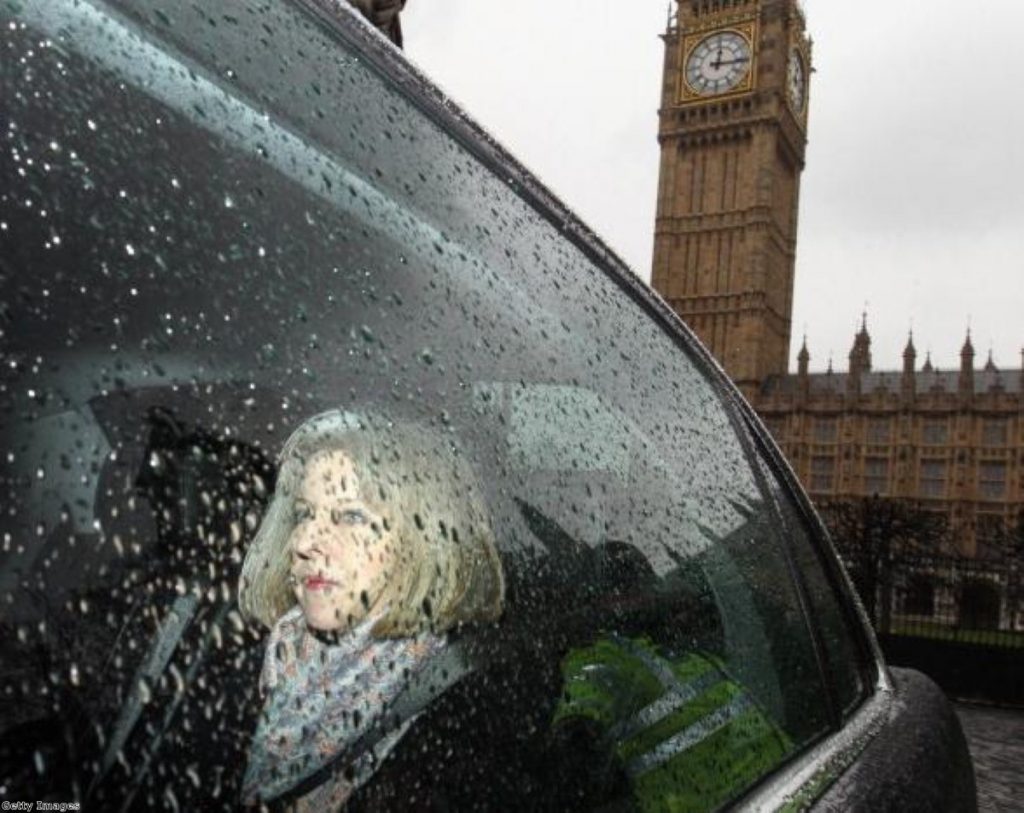Internal exile returns to Britain
Britain is set to reintroduce 'internal exile', a hallmark of the world's most oppressive regimes, in the wake of the increased security threat from terrorism – despite parliamentarians' deep discomfort about the move.
The change to the rules governing terrorist prevention and investigation measures orders (TPIMs) have opened up a serious divide among those tasked with protecting our civil liberties.
It leaves the judgement of the independent reviewer of terrorism legislation, David Anderson QC, in doubt after MPs and peers pointed out a list of reasons why he might be very wrong about the need for a measure more commonly associated with the gulags of Soviet Russia.
Under the counter-terrorism and security bill currently being rushed through parliament, the TPIMs regime will be toughened up. Home secretary Theresa May will be handed the power to force anyone subject to a TPIM to move up to 200 miles away from their home. They will have no say in the matter. They will be taken away from their family and friends.


This is not something which will happen as the result of a criminal trial. Instead all the home secretary needs to be able to do to impose this power on anyone living in the UK is decide 'on the balance of probabilities' they are satisfied there has been involvement in 'terrorism-related activity'. Ministers will claim that is an improvement from the previous requirement on May to 'reasonably believe' there has been involvement, but MPs and peers today point out the change will not make a "real practical difference".
This is the one-sided context for relocation, a measure which formed an important part of New Labour's control orders regime but was dropped by the coalition. MPs and peers on the joint committee on human rights noted that "internal exile imposed by executive order was an oppressive measure associated only with the most authoritarian regimes".
Now it's coming back, but parliamentarians on the same committee aren't exactly clear why. It might have something to do with the fact that nobody absconded while on a control order, but that two people managed to do so under TPIMs. First came Ibrahim Magag, who disappeared from Camden on Boxing Day 2012. That was embarrassing – but left security officials nowhere near as red-faced as the getaway of burkha-wearing Mohammed Ahmed Mohamed in November 2013.
The ministerial response has been to declare relocation essential because the threat from terrorism emerging from the Middle East, particularly Syria, is getting worse.
This is civil liberties 101: a blanket statement of increased risk without any supporting evidence. Anderson, as the independent reviewer, has declared he is happy with the changes because they will increase Tpims' effectiveness. But MPs and peers say he was bound to conclude that, given the people he speak to during his review. They point to this important question in the Commons from Ken Clarke last December: "What exactly has happened to give rise to the need to bring back what I thought were fairly useless relocation orders?"
The committee members, in their report on the bill published today, said:
"We have been consistently opposed to the use of relocation in Tpims on the basis that a power to relocate an individual away from their community and their family by way of a civil order, entirely outside the criminal justice system, is too intrusive and potentially damaging to family life to be justifiable. We have been particularly influenced in that view by the harshness of the impact on family life, on women and children in particular, and the extent to which the use of the power in control orders led to extreme resentment in certain minority communities who felt victimised by its use against members of those communities."
While reluctant to accept the need for this to change, they have "reluctantly" concluded they must accept Anderson's recommendation. But they make clear they don't really understand exactly why it would make a difference to either the absconding risk or the broader threat from Syria. It seems power to impose internal exile on British citizens are unlikely to be halted.

